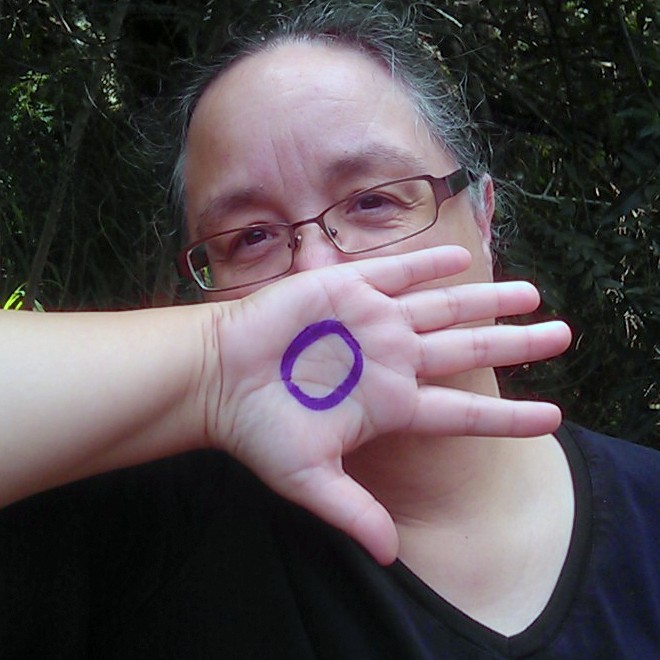Voyage & Return
The Parable of the Prodigal Son is one version of this plot. The young son, after receiving his share of inheritance, ventures out into the world only to squander his fortune and return home broke and hungry. His father welcomes him back without reproach. In fact the father celebrates his son’s return.
I hear this story told by people who had a “wild youth” despite living with diabetes or people who “didn’t take care of” their diabetes. During this phase of their life they lived recklessly, not tending to their health. Perhaps they were stopped actively monitoring their blood sugar and flew blind. Or they binged on carbohydrate-rich foods only to purge it from their bodies after. Some manipulated their care regime to cover for extremes in their eating behavior.
The lucky ones live to tell the tale without any obvious side effects or complications. It’s amazing how resilient the human body can be, even when it’s not 100% healthy.
But for many people with diabetes there is no welcoming father to celebrate their return afterward. There is only the reproachful brother who wonders why we should celebrate and ignore past transgressions. That reproachful brother takes the form of guilt and fear and there is no escape. Because, you see, that reproachful brother lives within the person with diabetes.
It’s like we never left in the first place.
Voyage & Return is one of the seven basic plots identified by Christopher Booker in his book The Seven Basic Plots: Why We Tell Stories. This week I am looking at life with diabetes through the prism of these seven basic plots.

